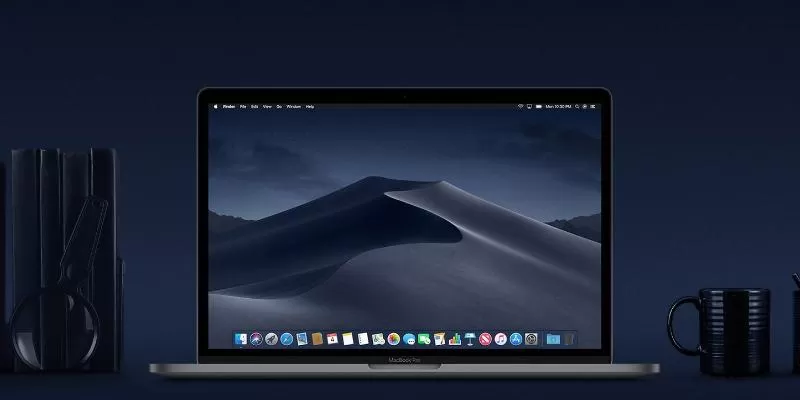
Comparing 32 and 64-bit systems
Many have heard of the existence of two main types of operating systems. At some point, everyone has a need to choose a certain one. How not to make a mistake and choose the right option? In general, what are the differences between 32 and 64-bit systems? Let’s take a closer look at the issue with our experts.
A few words about the bitness of the operating system and its definition

In simple terms, bitness is the version of the operating system that is suitable for working with a particular processor (32 or 64-bit architecture). So, it is now necessary to understand the intricacies of the device of the central processor unit of computer devices.
Of course, this element is the main one in any hardware. In fact, it is an integrated circuit that executes all machine codes. Perhaps one of the most important characteristics of the processor is its architecture — a design that is compatible with a number of commands.
And the bit depth of an element is its “ability” to work immediately with a large set of information or data units, that is, a bit. Their number determines the processor register — a repository of information to which you need to have access.
The difference in the operation of systems of excellent bit depth
So we come to the main question: what is the difference between OS 32 and 64-bit? Let’s take everything in order. Externally, these systems, of course, cannot be distinguished. But here the productivity of the devices is different. Since a 64-bit register is more capacious for input information, an operating system with this architecture gives all applications on the device a «green light» to use a large amount of operating memory.
For most operating systems, the best option is a 64-bit system. The same cannot be said about the Windows XP version (when combined with a 64-bit OS, there will certainly be problems with the drivers). So, let’s consider how good the 64-bit version is compared to the 32-bit version:
-
A computer device performs all calculations very quickly — a unit with a 64-bit operating system is highly productive. Actually, this advantage in the operation of 64-bit systems compared to 32-bit systems is undeniable.
-
The system has auxiliary protection — this is the so-called «DEP» protection, which affects not only the software (as is usually the case with 32-bit), but also the hard drive. An unconditional plus, but at the same time, the antivirus program has not bothered anyone yet.
-
A wide variety of additional software — the potential of the operating system with 64 bits is almost unlimited — thanks to the variety of peripheral software adapted to it. Now most programs and computer games are effectively operated only in 64-bit OS.
-
-
Extended bit depth for some devices is bad because it may not be compatible with a number of drivers (in particular, this applies to those that were developed specifically for a 32-bit OS, as well as some printers, already outdated plugins for Photoshop, Firefox, etc.).
Which one should be preferred?
When choosing an OS of suitable bitness, it is necessary to take into account, first of all, the configuration of the device, the type of processor, the amount of RAM. So, if an x86-64 processor is installed, and the amount of memory exceeds 4 GB, 64-bit is preferable — this will improve the performance of the system as a whole.
If you install a 32-bit OS on a 64-bit CPU, and even with large RAM, you will not be able to use the advantages of the device 100%, since such an OS will be able to process less than 4 GB of memory — the efficiency of the processor will decrease.
ON A NOTE. The use of a 32-bit OS with more than 4 GB of RAM is acceptable if the processor frequency does not exceed 2.4 GHz.
By the way, 32-bit software is «friendly» to the x64 operating system — it functions normally, combined with a different performance level. And finally, one point: if you decide to change the bitness of the OS, it will not be superfluous to find out that in this case a complete reinstallation of the system will be required — that is, formatting the disk.
Добавить комментарий
Для отправки комментария вам необходимо авторизоваться.